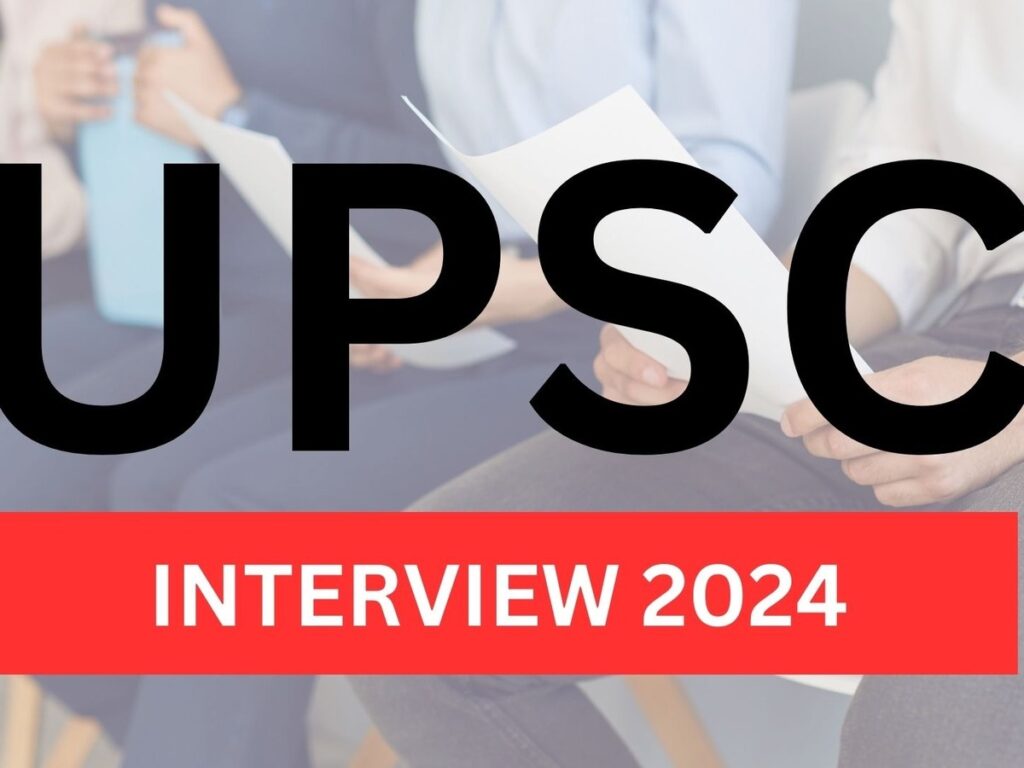Preparing for the UPSC Interview, also known as the Personality Test, is crucial for candidates aspiring to serve in prestigious civil services positions in India. This stage evaluates not just knowledge, but also personality traits, communication skills, and temperament. Here we provide a comprehensive guide on important tips and strategies to excel in the UPSC Interview.
Understanding the UPSC Interview Format
The UPSC Interview generally consists of a panel of experts who assess various aspects of the candidate. The evaluation criteria include:
| Evaluation Criteria | Description |
|---|---|
| Knowledge | Current affairs, general knowledge, and subject expertise. |
| Personality Traits | Behavior, ethics, and decision-making capabilities. |
| Communication Skills | Clarity of speech, confidence, and body language. |
| Stress Management | Ability to handle pressure and unexpected questions. |
Essential Tips for Candidates
1. Research and Preparation
Thoroughly research the subjects related to your optional papers, and keep abreast of current affairs, especially those related to India and international relations. Read newspapers, journals, and online articles for comprehensive knowledge.
2. Practice Mock Interviews
Engaging in mock interviews can significantly boost your confidence. Consider joining coaching institutes or forming study groups where you can simulate the interview experience with peers.
3. Develop Clarity of Thought
During the interview, express your thoughts clearly and concisely. Practice articulating your views on various topics. This clarity will allow the interviewers to gauge your perspective readily.
4. Body Language and Attitude
Your non-verbal communication is as crucial as what you say. Maintain eye contact, sit straight, and use gestures appropriately. Display a positive attitude and humility without sounding overconfident.
5. Be Honest
If you do not know the answer to a question, it’s better to admit it rather than guessing. Honesty reflects integrity, which is an essential trait for civil servants.
Handling Different Types of Questions
1. Personal Questions
Questions about hobbies, family background, and personal experiences are common. Be prepared to discuss your interests and how they shape your personality.
2. Situational Questions
These questions assess how you would respond to specific scenarios. Practice responding to hypothetical situations that may test your ethics, judgment, and policies.
3. Opinion-Based Questions
Interviewers may ask for your opinions on current policies and issues. Stay informed about various viewpoints and articulate your reasoning effectively.
Conclusion
Preparing for the UPSC Interview requires a well-rounded approach focused on knowledge, personality development, and communication skills. By following these tips and practicing regularly, candidates can boost their chances of success in this critical phase of the selection process. Remember, the interview is not just an assessment but an opportunity to showcase your potential as a future civil servant.

